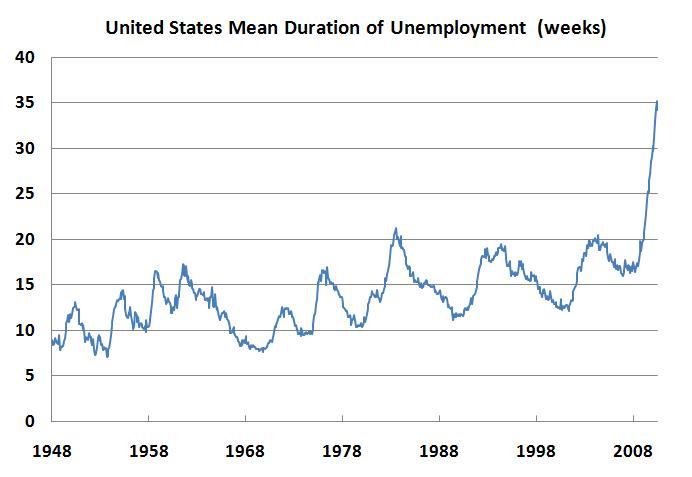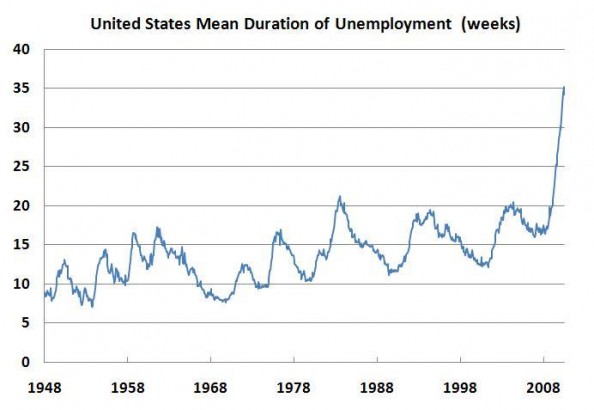Italy and Spain are two powerful nations suffering extreme economic hardship. The former has a population of 61 million people, the latter 47 million. The unemployment rates are 10% and 24% respectively. Italy’s public debt is $2530 billion, equivalent to $41,475 per citizen. Spain’s is $1117 billion, equivalent to $23,766 per citizen. And the situation generally gets worse the younger one is. Each of these individuals is, in a sense, a walking embodiment of debt and a slave to financial mismanagement, yet each person still needs to be fed and watered and clothed each day. Human beings unavoidably consume certain resources, and keep doing so even when the money isn’t there to pay for them.
Let us contrast this with the fortunes of Linkedin, the world’s premier professional networking facility and the 31st most-visited website on the internet. It has 161 million users worldwide, but the company only employs 2447 staff globally – this works out as one employee for every 65,795 members. Linkedin was valued at $10.45 billion in January 2012, and has predicted revenues of over $754 million for the year. This works out at an average of $5 of revenue per member annually, and equates to $65 of investment for every user on the network. In Spain and Italy, whose combined national members amount to 4% of Linkedin’s global coverage, the combined revenues equal $30 million per annum and the value of the company’s operations across the two countries is around $390 million. Those figures represent a lot of money, especially in the context of the most vicious recession in living memory, and it all comes from managing data. Linkedin and its ilk do not produce any physically-tangible products or services, they simply enable the transmission of ideas and data between individuals. And, the amount of resources, space and manpower required to run such a concern are tiny in comparison to the profits that can be made.
The factors outlined above have created a self-sustaining cycle. People need to eat and live, and they need money to do so. People need work to obtain money, so people need to find work. People use modern technology and facilities to find work, and companies like Linkedin make money from this demand. Companies like Linkedin foster the development and expansion of relevant technologies, and as a consequence the job market is narrowed and made more competitive. People struggle to eat and live. It is difficult to see a realistic or humane way out of such a scenario.

